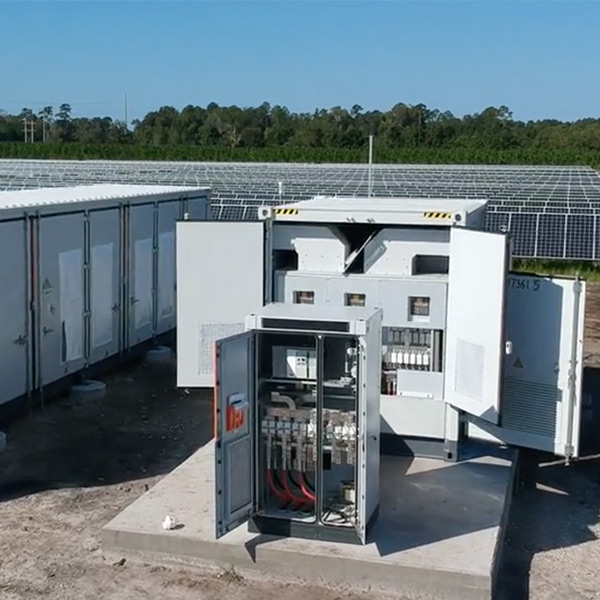Reversing position, Ohio Gov. Mike DeWine (R) said Thursday the state should repeal House Bill 6 in light of the federal bribery charges against House Speaker Larry Householder (R), who pushed the bill through the legislature last year.
DeWine called for Householder’s resignation Tuesday after the speaker and four others were accused of taking $61 million in bribes from FirstEnergy to win passage of the legislation, which included subsidies for the Perry and Davis-Besse nuclear plants. (See related story, Feds: FE Paid $61M in Bribes to Win Nuke Subsidy.) But DeWine had said Wednesday that the law, which he signed last July, should remain intact to save the nuclear plants’ jobs and carbon-free power.
During his televised coronavirus briefing Thursday, however, he said the legislation should be reversed. “While the policy in my opinion is good, the process by which it was created stinks. It’s terrible; it’s not acceptable,” DeWine said, calling for the bill to be “repealed and replaced through an open process.”
Republican state Reps. Mark Romanchuk and Laura Lanese and Democratic Reps. Mike Skindell and Michael J. O’Brien have announced plans to introduce repeal bills. All four had opposed H.B. 6 last year. Environmental groups also called for its repeal.
But with DeWine continuing to support the bill, chances of a repeal had appeared slim. Republicans control both the House of Representatives and Senate by a supermajority. H.B. 6 passed the House 51-38, with 10 Democrats joining 41 Republicans.
The law will charge all Ohio electricity customers a monthly fee ranging from 85 cents for residential customers to $2,400 for large industrial plants from 2021 until 2027. Although Perry and Davis-Besse are the main beneficiaries, the law also subsidized coal plants in Ohio and Indiana.
In an 81-page affidavit, federal officials accused FirstEnergy of paying $61 million in bribes and “dark money” campaign contributions to elect Householder and allies who pushed the $1.5 billion in subsidies into law.
FirstEnergy’s merchant unit, FirstEnergy Solutions, the owner of the nuclear plants, emerged from bankruptcy in February as a new company, Energy Harbor. But the utility’s CEO, Charles Jones, and others could face legal jeopardy for their alleged roles in the scheme. The government said the CEO of “Company A” — as FirstEnergy was referred to in the document — was in regular contact with Householder during the time the company was making secret payments.
DeWine opened his press conference Thursday saying he had been “struggling to process” news of the scandal. “It takes a while to really get it,” he said. “The most important thing is that the public has confidence in the process.”
According to Cleveland.com, FirstEnergy’s political action committee donated more than $25,000 to DeWine’s 2018 campaign for governor and $20,000 to his transition fund after he was elected. FirstEnergy executives individually gave DeWine’s gubernatorial campaign at least $27,000, it said.
Although FirstEnergy no longer owns the nuclear plants, its stockholders have been punished in the three days since the scandal broke. FirstEnergy shares closed Thursday at $27.40, a 34% drop since opening trading Tuesday. Energy Harbor, which trades over the counter, closed at $22.50/share, a drop of 31% since Tuesday.





